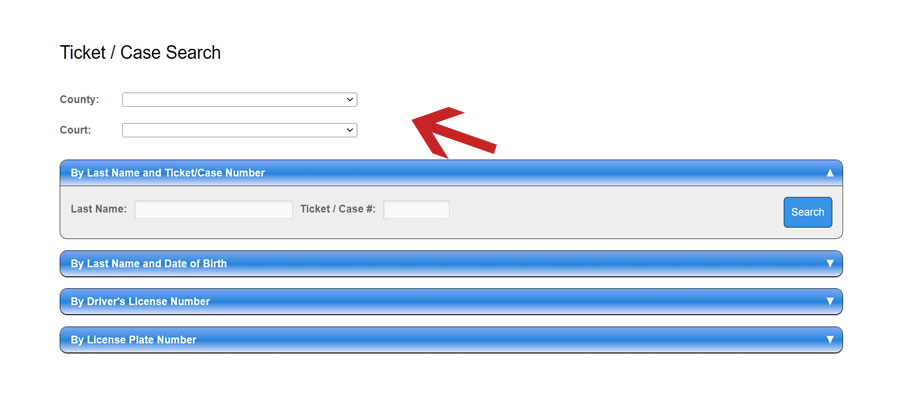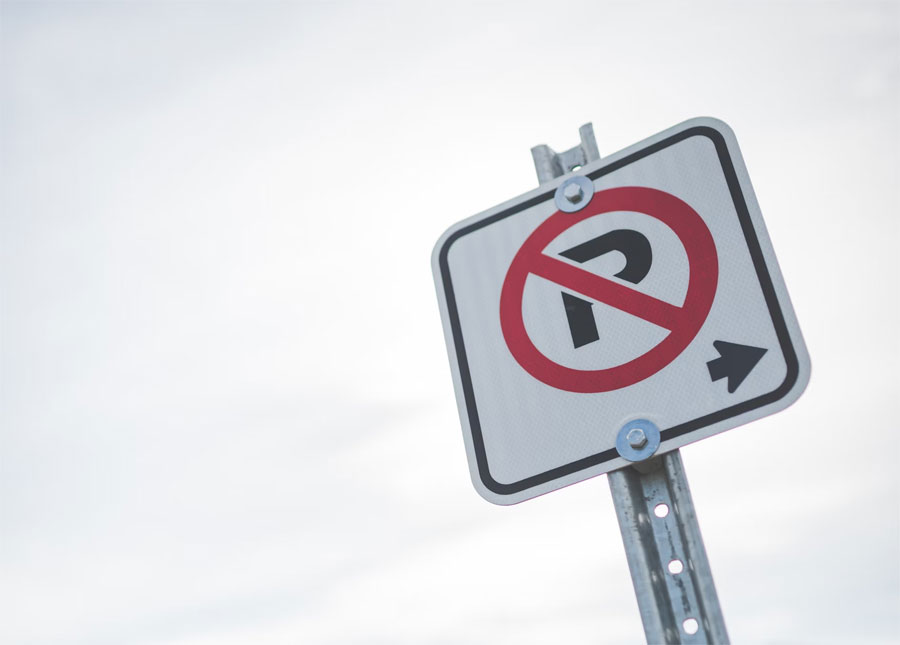The Michigan State Police (MSP) serves as the backbone of law enforcement services across the state of Michigan, United States. Acting more than just a highway patrol agency, the MSP, with its rich history, capabilities, and infrastructure, carries out a wide range of responsibilities.
Founded in 1917, the Michigan State Police initially originated as a wartime measure. But, since then, the organization has evolved into a modern agency, ultimately employing more than 3,000 people as of the present day. Among those trained employees lie its sworn troopers, who enjoy full arrest powers across the entire state. Such jurisdiction allows them to address a variety of situations, from patrolling rural highways to assisting local police departments in urban areas. The MSP also offers immediate assistance for criminal investigations, forensic services, homeland security and emergency management, commercial vehicle enforcement, and community services.
There is no denying that Michigan State Police’s commitment to serving and protecting the people of Michigan is a necessity, which is why breaking any traffic laws will attract hefty fines. And if you have been handed a traffic ticket recently that you are planning to settle, then our in-depth guide should prove to be helpful.
Know the Steps to Pay Your Fine Online

According to Michigan’s state law and order, you cannot pay your traffic fine directly to the Michigan State Police agency. Instead, traffic fines are handled by the district court where the citation was issued.
Before you decide to begin the payment process, it is imperative to first find your citation written on your traffic ticket, which will usually be a four- or five-digit number. Additionally, you also need to find the name of the district court to which your payment must be channeled. Once you obtain all the required information, proceed to follow the below-mentioned steps to complete the transaction.
- Begin your journey by visiting the official website of Michigan Courts ePay.
- On the landing page, you will be first notified regarding some basic terms and conditions, following which you will be asked to click on the ‘Next’ icon.
- In the next step, choose the correct name of your county (as mentioned in the traffic ticket) as well as the associated court name.
- After that, you will be asked to search for your citation using either your last name and ticket/case number or your last name and date of birth. Alternatively, you can complete the search by entering your driver’s license number or your vehicle license plate number. Choose the option that suits your preferences.
- Once the online system tracks down your citation, the same will then be showcased on your screen. You will then be asked to pay the fine using your credit card.
- After completing the payment using your credit card (for which a small convenience fee will be charged), proceed to take a printout of the confirmation page for future reference.
For any additional queries or assistance, you can get in touch with the Michigan State Police Headquarters at the following address: 7150 Harris Drive, Dimondale, Michigan 48821.
Alternatively, you can connect with the Michigan State Police authorities via phone at 517-332-2521 or via email here.
Offenses and Penalties You Should Know

Motorists operating in Michigan encounter a variety of traffic regulations, and violating these rules can result in fines, infraction points on their licenses, and even worse license suspensions. And to ensure a safe and compliant driving experience, understanding the different types of traffic offenses along with their corresponding penalties is critical.
Traffic offenses in Michigan are segregated into three primary types: speeding, moving violations, and serious offenses. Speeding offenses include violations where your penalty will be adjudged according to the amount of speed you go over the limit. For instance, if the speed limit is 60 MPH and you go over by only 3 MPH (which means 63 MPH), then you only need to pay a fine, and no points will be added to your driver’s record. On the other hand, moderate (6-10 MHP over limit), excessive (11-15 MPH over limit), and aggressive speeding (16 MPH or over) violations will add 2/3/4 points to your record, respectively.
Moving violations include disobeying traffic signals, weaving through traffic carelessly or failing to maintain a safe following distance with another vehicle, reckless driving, and failing to yield to pedestrians in crosswalks or merging traffic. In each of the aforementioned violations, the infraction points added to driving will depend on the severity of the action. For instance, reckless driving will add six points to your license, while careless driving will add three points.
Lastly, you have serious offenses, which include driving under influence (alcohol or narcotics) or being involved in a hit-and-run case. If you drive in an intoxicated state, you will encounter a hefty fine along with a 30-day license suspension, mandatory alcohol education classes, and a possible Ignition Interlock Device (IID) requirement. Alternatively, for hit-and-run cases, you will be provided with jail time, license revocation, and massive fines.
Based on the infraction point system, accumulating 12 points within two years will lead to a driver re-examination, while more than 12 points will lead to license suspension. Also, traffic violations can significantly increase your car insurance rates.

